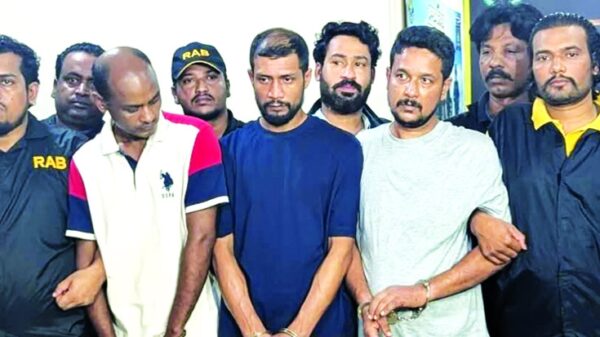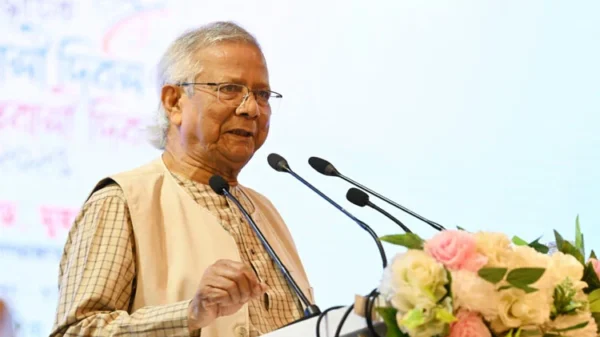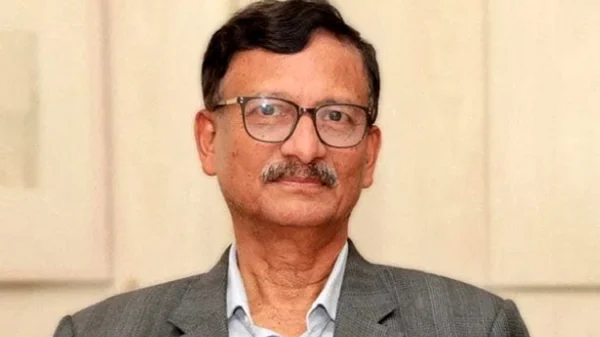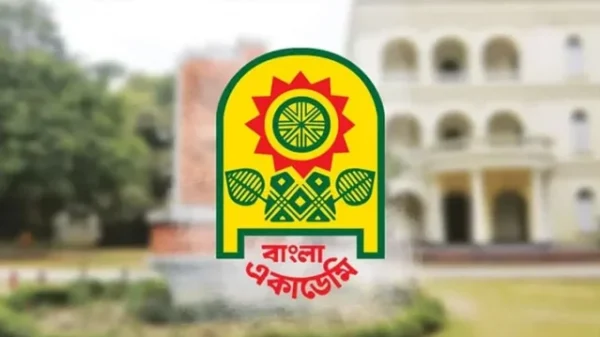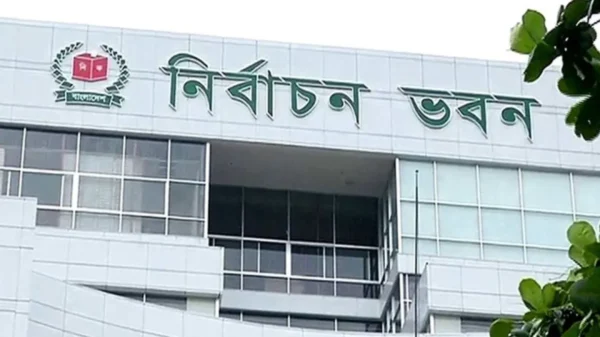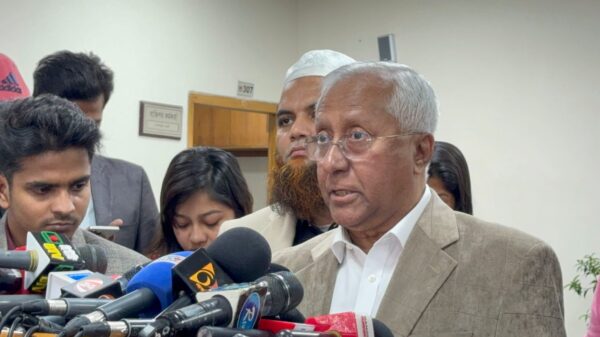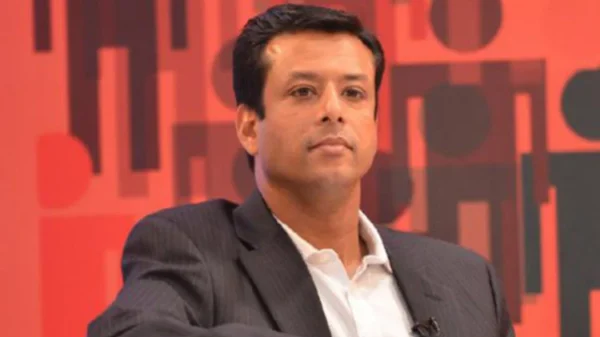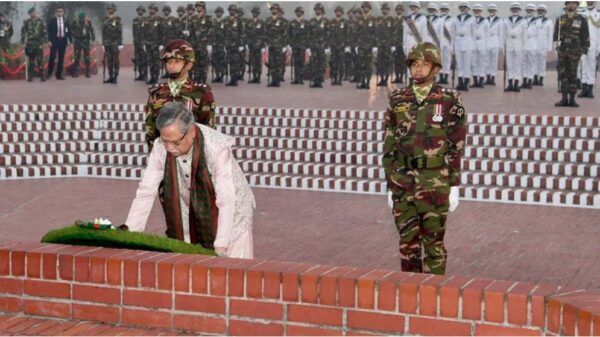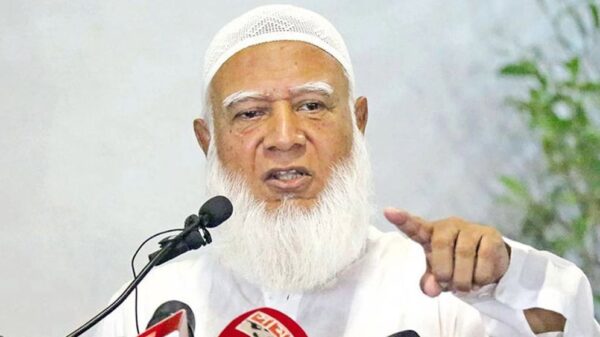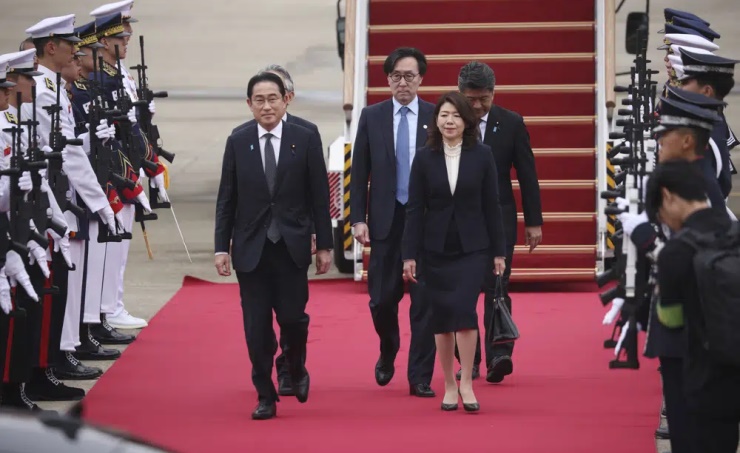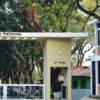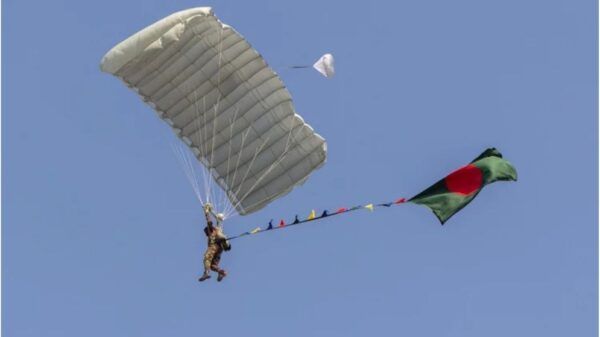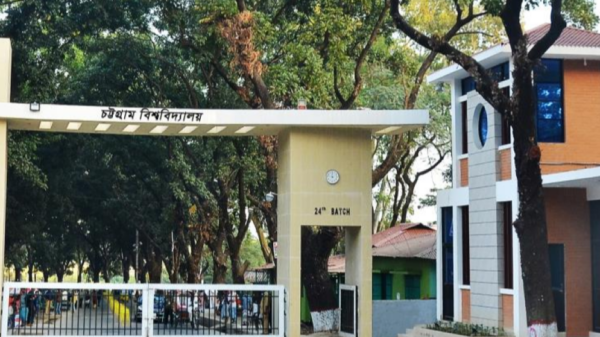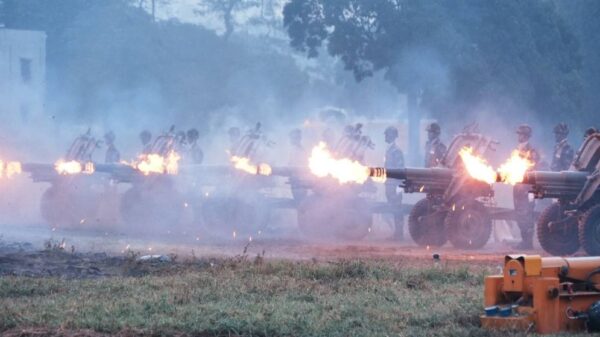SEOUL, South Korea, May 7 (Net) — The leaders of South Korea and Japan are to meet Sunday for their second summit in less than two months, as they push to bolster cooperation following years of fraught ties over historical issues.
Japanese Prime Minister Fumio Kishida is to arrive in South Korea on Sunday for a two-day visit, which reciprocates a mid-March trip to Tokyo by South Korean President Yoon Suk Yeol.
The exchange of visits between the leaders of the Asian neighbors, the first of its kind in 12 years, sig-nals that both nations are serious about strengthening ties in the face of shared regional challenges such as North Korea’s growing nuclear arsenal and China’s increasing assertiveness.
“I hope to have an open-hearted exchange of views with President Yoon based on our relationship of trust,” Kishida told reporters before his departure to Seoul. “Since March, there have been various levels of communication in areas including finance and defense, and I plan to further develop this ongoing trend.”
Yoon’s spokesperson, Lee Do-woon, told reporters Thursday that Sunday’s summit was expected to fo-cus on security, economic and cultural cooperation. South Korean and Japanese officials said Yoon and Kishida will discuss North Korea’s nuclear program and South Korean-Japanese economic security and overall relations.
In their summit in March, Yoon and Kishida agreed to resume leadership-level visits and other talks. In recent weeks, the two countries have also withdrawn the economic retaliatory steps they had earlier taken against each other in previous years when their history row rekindled.
Ties between Seoul and Tokyo have long suffered on-again, off-again setbacks over issues stemming from Japan’s 1910-45 colonial rule of the Korean Peninsula.
The most recent sticking point in their ties was 2018 court rulings in South Korea that ordered two Japa-nese companies to financially compensate some of their aging former Korean employees for colonial-era forced labor. The verdicts angered Japan, which has argued that all compensation issues were already settled when the two countries normalized ties in 1965.
In an escalation of tensions, the two countries later downgraded each other’s trade status, while Seoul also threatened to spike a military intelligence-sharing pact. Some activists and residents in South Korea staged campaigns to boycott Japanese products, as well.
The strained South Korea-Japan ties complicated U.S. efforts to build a stronger regional alliance to bet-ter cope with rising Chinese influence and North Korean nuclear threats.
In March, however, Yoon’s conservative government took a major step toward mending the ties by an-nouncing it would use local funds to compensate the forced labor victims without demanding contribu-tions from Japanese companies. Later in March, Yoon traveled to Tokyo to meet with Kishida.
Yoon’s push drew strong backlash from some of the forced labor victims and his liberal rivals at home, who have demanded direct compensation from the Japanese companies. Yoon has defended his decision, saying greater cooperation with Japan is required to tackle a set of challenges such as North Korea’s ad-vancing nuclear program, the intensifying U.S.-China strategic rivalry and global supply chain prob-lems.
Some observers say if Kishida offers fresh apologizes over Japan’s colonial wrongdoing during his Seoul visit, that would likely help Yoon win greater domestic support for his policy on Japan. After his March summit with Yoon, Kishida only said during a joint press conference that Tokyo upholds the po-sitions of previous governments, which expressed apologies or regrets over Japan’s colonial past.
Asked whether he would discuss the forced labor victims with Yoon, Kishida said in his pre-departure comments: “We will frankly exchange our views on this.”
Seoul and Tokyo have a slew of other sensitive history and territorial disputes, mostly related to the Jap-anese colonization. In a reminder of the delicate nature of their ties, diplomats between the two countries last week spatted over a South Korean lawmaker’s visit to disputed islets located in the waters between the two countries. Earlier, Seoul protested Kishida’s offering of religious offerings to a Tokyo shrine that it views as a symbol of Japan’s wartime aggression.


